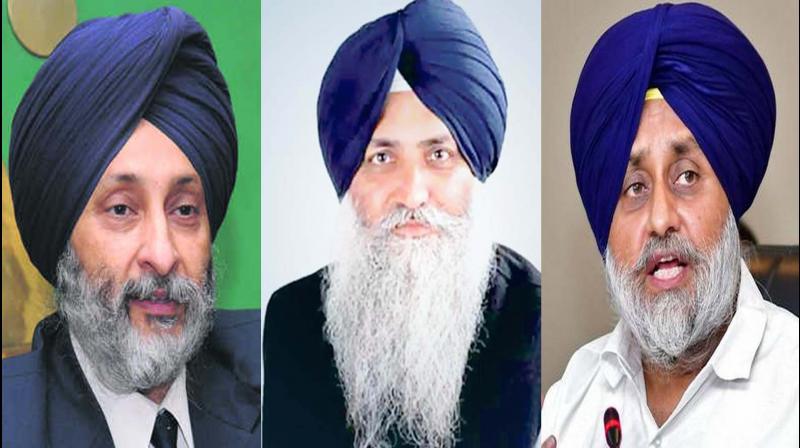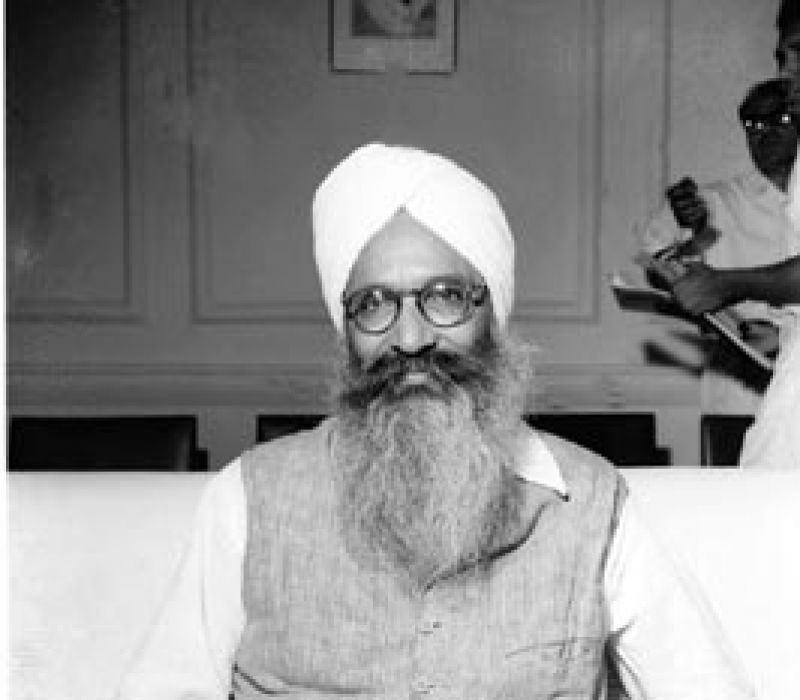


He transformed Punjab with his leadership, and by bringing in administrative reforms, institutions, industries, and best agricultural practices. Replacing Sachar, Partap Singh Kairon became Chief Minister of Punjab on January 21, 1956. With Bhim Sen Sachar at the helm, the language controversy had taken a communal turn and Kairon was steadfast in his opposition to those who played the sectarian card. He was also highly valued as an organiser by the Congress leadership in Delhi. He was practical, pushing for results and trusting his team to do the right thing. Partap Singh made a mark as Minister for Rehabilitation and Development (1947-1949), a crucial position since lakhs of refugees needed relief, accommodation and work. He was vocal and active in his opposition of the malba tax, which was eventually abolished. As an MLA, he worked for agrarian reforms and presented the Jhatka Meat Bill, which was passed in due time. Ironically, later, he opted to stay with the Congress when the Akali Dal walked out of its alliance with the party in 1942. He would cement his position in the 1937 election by soundly defeating the Congress candidate, Baba Gurdit Singh of the Komagata Maru fame, for whom Jawaharlal Nehru had campaigned. It led to his arrest for civil disobedience, a jail sentence later commuted to a fine, and his recognition as a leader, soon general secretary of the Akali Dal in 1934. The Ghadar movement had an impact on him he dallied with communism and became active in Akali politics. Although he would be back in India by 1929, and thus escape the devastating effects of the Great Depression, what he saw there would inform his decisions. The lad from Kairon village had to work on farms, plucking fruit, and for the Ford Motor Company to supplement his income. In the US, Partap Singh earned his Masters in Economics from University of California at Berkeley and went to the University of Michigan, Ann Arbor, for Masters in Political Science. Partap Singh Kairon was a man of the masses, and enjoyed the firm backing of PM Nehru. He had gone, with his brother Jaswant, to America to study further after graduating from Khalsa College, Amritsar. Their family was well known for supporting the cause of education, and for its anti-colonial leanings. Here was a khadi kurta-pajama clad man who proudly spoke colloquial Punjabi and fluent English, with traces of an American accent. Without naming Kairon, Sukhbir had then said that Akali Dal leaders should stay away from factionalism and focs on working to strengthen the party.ĬHANDIGARH: It seems all is not well within the Badal clan in Punjab.įormer senior minister Adesh Partap Singh Kairon has been reportedly avoiding using the party’s name in functions in his constituency.Īlso missing are the name and pictures of party president Sukhbir Singh Badal from hoardings and (function() ) A man with an expansive worldview, Partap Singh Kairon was a force of change for Punjab. Valtoha has contested the seat since 2007. However, Khemkaran is the home turf of SAD’s veteran leader Virsa Singh Valtoha.Įarly this year, Sukhbir had announced Valtoha as the party candidate from Khemkaran. The buzz was that Parneet Kaur, wife of Adesh and sister of Sukhbir, wanted to contest a seat adjacent to her husband’s assembly segment. The party is yet to declare its candidates from Patti and Khadoor Sahib assembly segments.Ī party leader said Kairon had a few months back held public meetings in villages of Khemkaran assembly segment and said that one of his family members would contest the seat. He has represented the seat four times from 1997 to 2017, but lost in 2017 to Harminder Singh Gill of the Congress.Īccording to sources, Kairon’s pique could stem from the fact that sometime back, the Akali Dal had nominated Harmit Singh Sandhu as the area in-charge for Tarn Taran district of which Patti is a part. Sources said Kairon appeared to flaunt his family’s name in the recent campaign for his Patti constituency in Amritsar. Kairon is son-in-law of former chief minister and Shiromani Akali Dal patron Parkash Singh Badal.


 0 kommentar(er)
0 kommentar(er)
